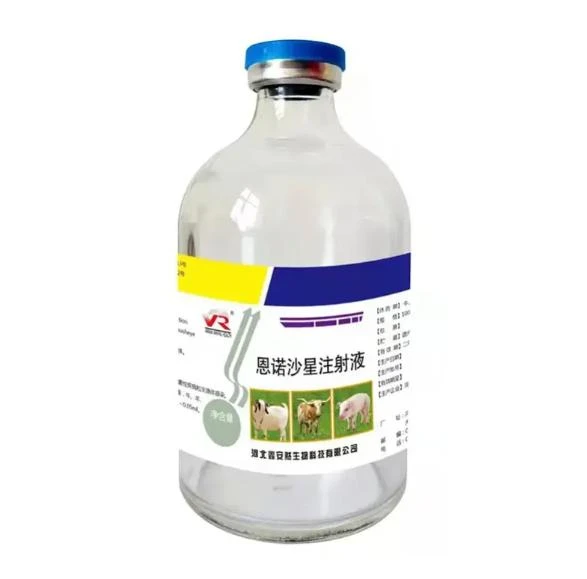- Afrikaans
- Albanian
- Amharic
- Arabic
- Armenian
- Azerbaijani
- Basque
- Belarusian
- Bengali
- Bosnian
- Bulgarian
- Catalan
- Cebuano
- Corsican
- Croatian
- Czech
- Danish
- Dutch
- English
- Esperanto
- Estonian
- Finnish
- French
- Frisian
- Galician
- Georgian
- German
- Greek
- Gujarati
- Haitian Creole
- hausa
- hawaiian
- Hebrew
- Hindi
- Miao
- Hungarian
- Icelandic
- igbo
- Indonesian
- irish
- Italian
- Japanese
- Javanese
- Kannada
- kazakh
- Khmer
- Rwandese
- Korean
- Kurdish
- Kyrgyz
- Lao
- Latin
- Latvian
- Lithuanian
- Luxembourgish
- Macedonian
- Malgashi
- Malay
- Malayalam
- Maltese
- Maori
- Marathi
- Mongolian
- Myanmar
- Nepali
- Norwegian
- Norwegian
- Occitan
- Pashto
- Persian
- Polish
- Portuguese
- Punjabi
- Romanian
- Russian
- Samoan
- Scottish Gaelic
- Serbian
- Sesotho
- Shona
- Sindhi
- Sinhala
- Slovak
- Slovenian
- Somali
- Spanish
- Sundanese
- Swahili
- Swedish
- Tagalog
- Tajik
- Tamil
- Tatar
- Telugu
- Thai
- Turkish
- Turkmen
- Ukrainian
- Urdu
- Uighur
- Uzbek
- Vietnamese
- Welsh
- Bantu
- Yiddish
- Yoruba
- Zulu
Dàmh . 19, 2024 11:55 Back to list
Oral Suspension Dosage Guidelines for Ivermectin and Albendazole Combination Therapy
Understanding the Dosage of Ivermectin and Albendazole Oral Suspension
Ivermectin and albendazole are two widely used antiparasitic medications that serve as effective treatments for a variety of infectious diseases caused by parasitic worms and ectoparasites. They are often used individually but can also be combined in an oral suspension form to enhance efficacy and improve patient compliance, especially in settings where multiple infections are prevalent.
Overview of Ivermectin and Albendazole
Ivermectin is primarily used to treat parasitic infections, including onchocerciasis (river blindness), lymphatic filariasis, and scabies. It works by paralyzing and killing parasites, making it an effective treatment option for diseases caused by these organisms.
Albendazole, on the other hand, is used to treat infections caused by tapeworms and nematodes, such as ascariasis and hookworm disease. It operates by inhibiting the parasite's ability to absorb glucose, leading to its eventual death.
Importance of Dosage
Correct dosage is paramount when administering any medication, particularly in antiparasitic treatments, to ensure maximum effectiveness while minimizing potential side effects. The dosage of ivermectin and albendazole can vary based on the age, weight, and specific condition of the patient.
Dosage Guidelines
For the oral suspension of ivermectin and albendazole, the dosages typically adhere to the following guidelines
ivermectin and albendazole oral suspension dosage

1. Ivermectin Dosage - The standard dosage for ivermectin is generally around 200 micrograms per kilogram of body weight (mcg/kg) for single-dose applications but may vary based on the specific infection being treated. - For pediatric patients, the dosage should be calculated carefully based on weight to avoid underdosing or overdosing.
2. Albendazole Dosage - Albendazole is commonly administered at a dose of 400 mg for adults and a weight-based dosage for children, often prescribed as 10 mg/kg of body weight for a period of one to three days depending on the infection. - It’s important for the medication to be taken with food to enhance absorption, particularly for albendazole.
3. Combination Therapy - When used in combination, the dosages will depend on the specific formulation of the oral suspension prepared. It is crucial that patients follow the prescribed dosage from their healthcare provider. - Patients should not self-medicate or adjust their dosages without consulting a healthcare professional, as this could lead to reduced efficacy or increased risk of adverse effects.
Administration Guidelines
The oral suspension form of these medications should be shaken well before use to ensure a uniform dose. Patients should use the measuring device provided with the suspension to guarantee accurate dosing. It is advisable to take the medication at the same time each day to maintain consistent levels in the bloodstream.
Monitoring and Side Effects
Patients should be monitored for side effects, which may include abdominal pain, nausea, dizziness, or skin rash. In rare cases, severe allergic reactions can occur, necessitating immediate medical attention.
Conclusion
In summary, the correct dosage of ivermectin and albendazole oral suspension plays a crucial role in effectively treating parasitic infections. Patients should always adhere to the prescribed guidelines and consult healthcare providers for individualized treatment plans. By ensuring the right dosages are administered, we can significantly impact the success of antiparasitic therapies and improve patient outcomes in combating parasitic infections.
-
Guide to Oxytetracycline Injection
NewsMar.27,2025
-
Guide to Colistin Sulphate
NewsMar.27,2025
-
Gentamicin Sulfate: Uses, Price, And Key Information
NewsMar.27,2025
-
Enrofloxacin Injection: Uses, Price, And Supplier Information
NewsMar.27,2025
-
Dexamethasone Sodium Phosphate Injection: Uses, Price, And Key Information
NewsMar.27,2025
-
Albendazole Tablet: Uses, Dosage, Cost, And Key Information
NewsMar.27,2025













